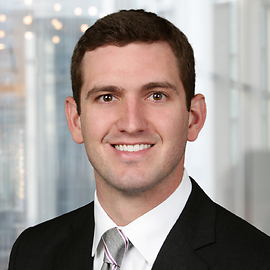Our colleagues Stuart Gerson and Daniel Fundakowski of Epstein Becker Green have a new post on SCOTUS Today that will be of interest to our readers: "Court Declines Resolving Circuit Split on What Constitutes a 'False' Claim, but Will Consider Legality of Trump Abortion Gag Rule."
The following is an excerpt:
While this blog usually is confined to the analysis of the published opinions of the Supreme Court, several of this morning’s orders are worthy of discussion because of their importance to health care lawyers and policy experts. Guest editor Dan Fundakowski joins me in today’s unpacking of the Court’s rulings.
First, in Cochran v. Mayor and City Council of Baltimore; Oregon v. Cochran; and American Medical Association v. Cochran, the Court granted cert. to review a regulation promulgated by the Trump Department of Health and Human Services that would bar doctors who receive federal funds for family planning services from referring patients to abortion providers. The Ninth Circuit has upheld the regulation, but the Fourth has held it unlawful and enjoined its effectuation on a nationwide basis. The ramifications of this dispute for Medicaid providers and others are obvious, and it will be a point of interest as the Biden administration moves ahead in ways substantially different from its predecessor. It could, for example, moot the cases by repealing the regulation.
Health care litigators have, for some time, urged the Court to decide whether, under the False Claims Act (“FCA”), “falsity” must be based on objectively verifiable facts. In other words, for example, does a conflict of opinion between experts negate a finding of falsity with respect to a decision as to medical necessity or coding of a health care procedure? There has been increasing division among the Circuit Courts of Appeals on this subject, and to the chagrin of practitioners, that division is going to be unresolved for some time, as the Supreme Court has denied cert. in two qui tam FCA cases that we have been closely monitoring: United States ex rel. Druding v. Care Alternatives, 952 F.3d 89 (3rd Cir. 2020) and United States ex rel. Winter v. Gardens Regional Hospital & Medical Center, Inc., 953 F.3d 1108 (9th Cir. 2020). While the FCA requires that claims be “false or fraudulent” in order to give rise to liability, the statute does not define those terms, and this has proved a major issue in dispute in the context of claims related to clinical judgments.
Click here to read the full post and more on SCOTUS Today.
Blog Editors
Authors
- Member of the Firm
- Of Counsel

